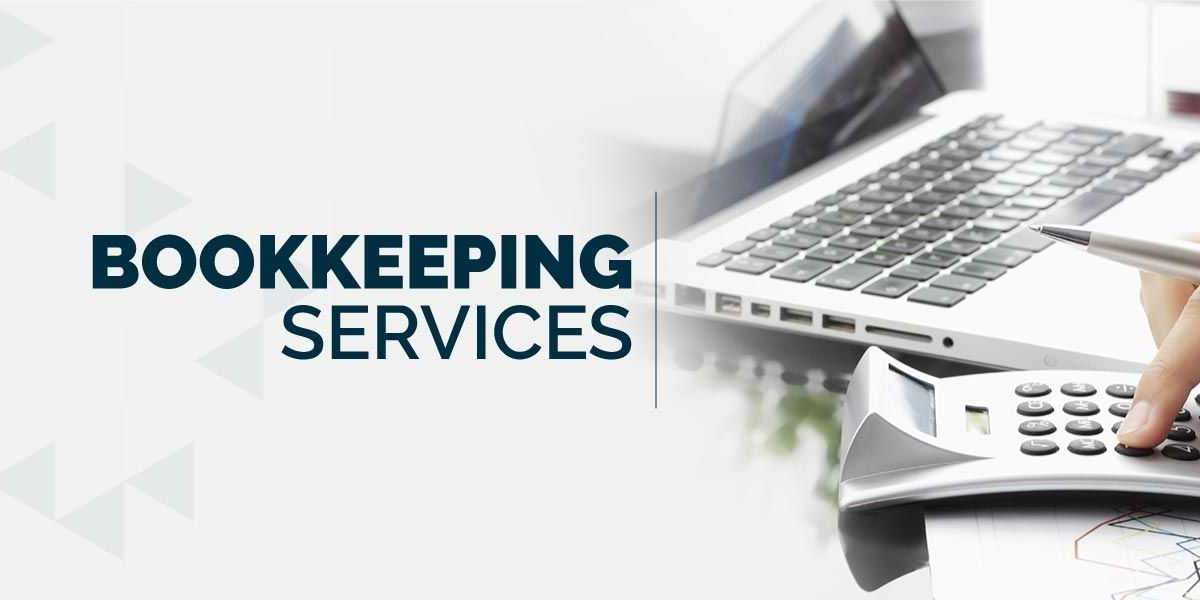Key Features
- Integration Capabilities: E-commerce platforms such as Shopify, Magento, or WooCommerce are pivotal in online retail. Robust accounting software must seamlessly integrate with these platforms, allowing for the automatic synchronization of sales data, automate-your-ecommerce-accounting.webflow.io inventory levels, and customer information. This integration significantly reduces manual data entry, minimizing errors and saving valuable time.
- Real-time Financial Reporting: E-commerce businesses require up-to-date financial insights to make informed decisions. Modern accounting software offers real-time reporting features that provide instant access to crucial metrics such as cash flow, profit margins, and sales performance. Users can generate tailored reports to assess key performance indicators (KPIs) and track financial health effectively.
- Inventory Management: Managing inventory is complex in e-commerce, where stock levels fluctuate frequently. Accounting software with inventory management capabilities helps businesses keep track of stock levels, monitor supplier payments, and manage product sales efficiently. This feature can prevent stockouts and overstock situations, optimizing inventory turnover.
- Automated Invoicing and Payments: The ability to automate invoicing and payment processes significantly enhances efficiency. E-commerce accounting software often includes features for generating invoices automatically based on sales data, reducing manual intervention. Additionally, integration with payment gateways can streamline transaction processing and reconciliation, ensuring faster cash flow.
- Tax Compliance: Navigating tax laws can be challenging for e-commerce businesses, particularly those operating in multiple jurisdictions. Accounting software often includes built-in tools to calculate sales tax based on local regulations, generate tax reports, and assist with filing requirements. This feature helps businesses avoid costly compliance mistakes.
Benefits
Implementing accounting software tailored for e-commerce businesses yields numerous benefits. It enhances operational efficiency by automating routine financial tasks, liberating time for business owners to focus on growth strategies. The reduction in human error improves data accuracy, enabling more reliable financial reporting.
Moreover, e-commerce accounting software can enhance cash flow management. By providing real-time insights into financial performance, businesses can make informed decisions regarding spending, investment, and resource allocation. This financial agility is crucial in a competitive marketplace.
Popular Options
Several accounting software solutions are well-suited for e-commerce businesses. QuickBooks Online stands out for its user-friendly interface and comprehensive integrations with major e-commerce platforms. Xero is another popular choice, known for its strong inventory management capabilities and robust reporting features. FreshBooks, while typically favored by freelancers and service-based businesses, also offers solutions suitable for e-commerce with its intuitive invoicing processes.
Conclusion
In summary, the right accounting software can significantly enhance financial management for e-commerce businesses. With features that streamline processes, facilitate real-time reporting, and ensure compliance with tax regulations, these tools are indispensable for modern online retailers. By selecting a solution that aligns with their specific needs, e-commerce businesses can drive growth while maintaining financial clarity and efficiency.







